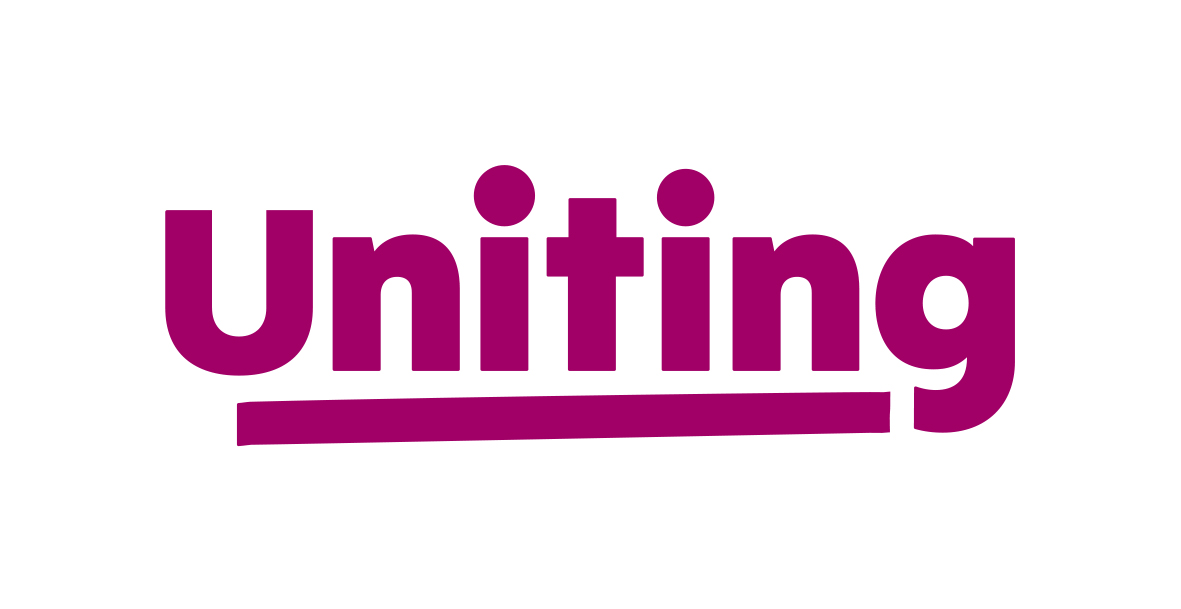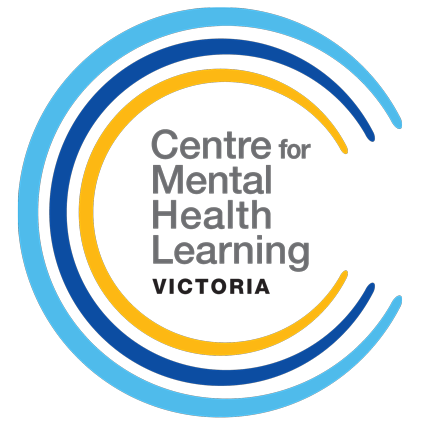This course was developed in collaboration with the National Organisation for Fetal Alcohol Spectrum Disorders Australia (NOFASD) and the Australian Alcohol and other Drugs Council (AADC). It has been adapted for the Australian context from training originally developed by CanFASD (Canada FASD Research Network).
Designed to strengthen capacity of the Alcohol and Other Drug (AOD) workforce, this free, evidence-based course supports professionals to better understand and respond to individuals diagnosed with, or possibly living with undiagnosed, Fetal Alcohol Spectrum Disorder (FASD).
FASD is a life-long neurodevelopmental condition caused by prenatal alcohol exposure. FASD affects brain development, learning, behaviour, and overall health, with symptoms ranging from memory and attention difficulties to social and emotional challenges. People living with FASD are significantly overrepresented in AOD services — yet the signs are often misunderstood or missed.
This online course equips AOD professionals with the knowledge and skills to:
- Recognise potential signs of FASD
- Understand how brain-based differences can influence behaviour
- Apply practical strategies to support effective, person-centred care
- Reduce stigma and address barriers to treatment for individuals living with FASD.
Why take this course?
- Build practical skills and knowledge relevant to AOD practice
- Strengthen your ability to support individuals living with FASD
- Enhance service outcomes across your organisation and the wider sector
- Completely free and accessible online
- Receive a certificate of completion for your professional development
Who is the Course for?
- Frontline AOD workers
- Peer workers
- Case managers
- Team leaders and supervisors
- Anyone caring for, or working with, people who may be affected by prenatal alcohol exposure
Click here to access the course
This is a 1-day in person training.
Description: Cognitive Behaviour Therapy (CBT) has evolved over the years and is a most favourably reviewed treatment approach. There is much evidence for the effectiveness of CBT with a range of Alcohol and Other Drugs issues. In recent years CBT has expanded its focus to include third wave approaches. These approaches seek to blend traditional CBT principles with concepts new to cognitive-behavioural therapies such as mindfulness and acceptance.
In this introductory workshop you will build your capacity in applying evidence-based interventions that work on the underlying processes that support behavioral change. You will discover how, when and why to apply a best practice cognitive, behavioral or emotion focused approach.
This workshop will introduce you to a range of models, techniques and interventions to help your clients to change negative thought patterns, develop coping strategies, and improve emotional wellbeing. It will be a practical and interactive workshop where you will be introduced to a range of tools, worksheets and relapse prevention strategies that you can use collaboratively with your client to implement.
Date: Thursday, 2nd October 2025
Time: 10:00pM – 4:00PM
Location: Turning Point, 110 Church Street, Richmond, VIC 3121
Cost: Free
Who should attend: AOD clinicians, counsellors, support workers and allied health working in a Victorian Department of Health funded AOD organisation.
Registration: Click here to register
This is a 1-day in person training.
Description: Working with cognitively impaired clients can be a significant challenge, particularly when access to assessment services and resources are limited. Cognitive difficulties may arise from a range of aetiologies including acquired brain injury, mental health, substance use, or neurodevelopmental differences and together, this can have a cumulative and adverse impact on treatment outcomes and recovery. This workshop will provide practical strategies for working with clients who present with or have concerns regarding cognitive difficulties. In particular, this workshop will cover four main themes:
- Recognising cognitive impairment
- Underlying aetiologies across the lifespan
- Supporting clients with cognitive impairment
- Referral pathways: When might assessment be indicated?
Date: Friday, 28th November 2025
Time: 9:30pM – 4:30PM
Location: Turning Point, 110 Church Street, Richmond, VIC 3121
Cost: Free
Who should attend: AOD clinicians, counsellors, support workers and allied health working in a Victorian Department of Health funded AOD organisation.
Registration: Click here to register
This is a Turning Point Connect & Learn one-hour webinar. To attend the webinar, click the link below to register.
Description: According to WHO, hepatitis C is the main cause death globally in people who inject drugs, yet it is easy to diagnose and treat. Australia has the potential to eliminate hepatitis C, but this requires a concerted effort to diagnose and treat HCV in PWID, not just those who have injected in the past but those who are continuing to inject drugs. While diagnostic and treatment pathways for HCV are simple, adapting them to the needs of our clients, rather than expecting our clients to adapt to our treatment systems, is the key to increasing the rates of diagnosis and treatment. This has implications for both the way we design our health care systems and the way we manage individuals within those systems. The webinar will be presented by A/Prof Nico Clark.
Date: Tuesday, 16 September 2025
Time: 1:00pM – 1:45PM
Location: Zoom
Cost: Free
Who should attend: This webinar is only available to staff who are working in a Victorian Department of Health (DH) funded AOD organisation.
Registration: Click here to register
This is a Turning Point Talking Point one-hour webinar. To attend the webinar, click the link below to register.
Description: E-cigarettes containing nicotine (e-cigarettes) have demonstrated effectiveness for smoking cessation among general populations, but limited evidence in people with substance use disorders (SUD). This presentation will focus on the NEAT Trial, a pragmatic, two-arm, open-label parallel-group randomized controlled trial (n=363) examining the effectiveness of e-cigarettes for smoking abstinence in people with SUD following discharge from smokefree inpatient withdrawal services. The webinar will be presented by Professor Billi Bonevski.
Date: Wednesday, 29 October 2025
Time: 1:00pM – 2:00PM
Location: Zoom
Cost: Free
Who should attend: This webinar is only available to staff who are working in a Victorian Department of Health (DH) funded AOD organisation.
Registration: Click here to register
This is a Turning Point Connect & Learn one-hour webinar. To attend the webinar, click the link below to register.
Description: Attendees will gain an increased appreciation for managing clients in rural and regional Victoria. Discussion will focus on the need for flexibility within the regulations guiding practice, and attendees will gain understanding regarding the difficulties of distance and opioid agonist treatment.
Date: Tuesday, 28 October 2025
Time: 1:00pM – 1:45PM
Location: Zoom
Cost: Free
Who should attend: This webinar is only available to staff who are working in a Victorian Department of Health (DH) funded AOD organisation.
Registration: Click here to register
This is a one-hour Turning Point Connect & Learn webinar. To attend the webinar, click the link below to register.
Description: This presentation provides a brief overview of co-occurring mental health and substance use disorders and introduces key principles for working effectively with clients experiencing this. The presentation will aim to improve knowledge about the prevalence of comorbid mental health and substance use disorders, their relationship and impact on recovery. Dr Lea Foo and David Hill will provide tools and strategies to support addressing comorbid mental health conditions in the AOD space.
Date: Tuesday, 18 November 2025
Time: 1:00pM – 1:45PM
Location: Zoom
Cost: Free
Who should attend: This webinar is only available to staff who are working in a Victorian Department of Health (DH) funded AOD organisation.
Registration: Click here to register
This training will assist participants in building their knowledge and confidence to engage LGBTIQ+ community members in their AOD practice and will provide opportunities for participants to:
- Individually analyse your own assumptions and values and reflect on the implications in your delivery of health care to LGBTI+ communities
- Understand the importance and use of respectful and appropriate language
- Identify and understand the unique vulnerabilities that LGBTI+ communities face
- Improve your confidence in comprehensively meeting the needs of LGBTI+ consumers
- Develop improved skills around intake and assessment
- Understand the complexity and risk of methamphetamine use for men who have sex with men (MSM) and aim to improve treatment outcomes for this community
- Understand the broader AOD issues for LGBTI+ communities
Eligibility Criteria
This training has been funded for workers employed in a Victorian State-funded Alcohol and Other Drug (AOD) service, including those who are new to the AOD sector or recently employed under the COVID-19 Workforce Initiative and Peer workers.
Who is not eligible?
Students on placement or internships, workers from other community sectors such as Family Violence, Homelessness and Mental Health and AOD workers outside of Victoria.
Please ensure you have clearance to attend from your line manager. If you cannot attend, even if you find out the day before, please cancel your registration and make your spot available to someone else on the waitlist.



